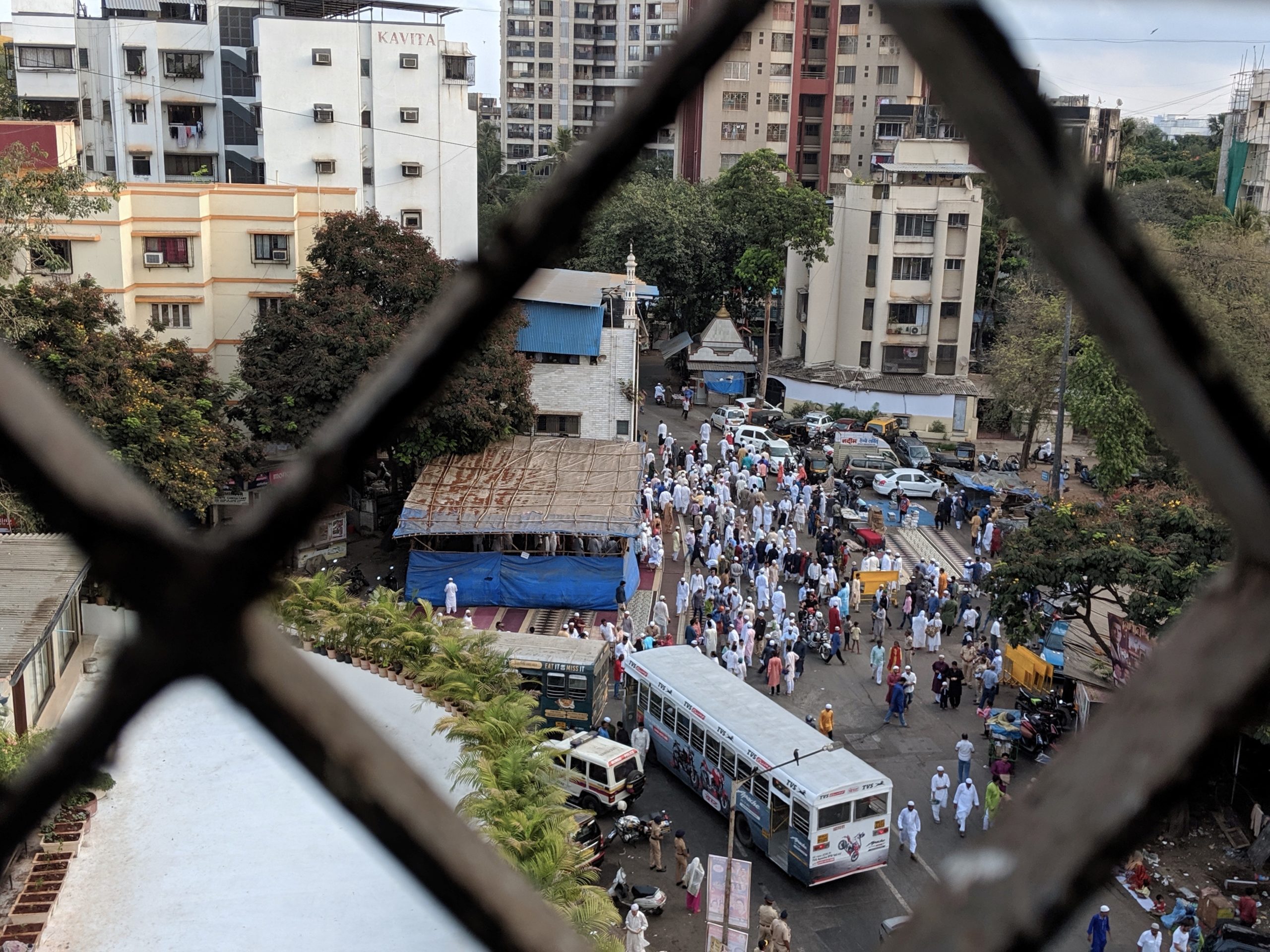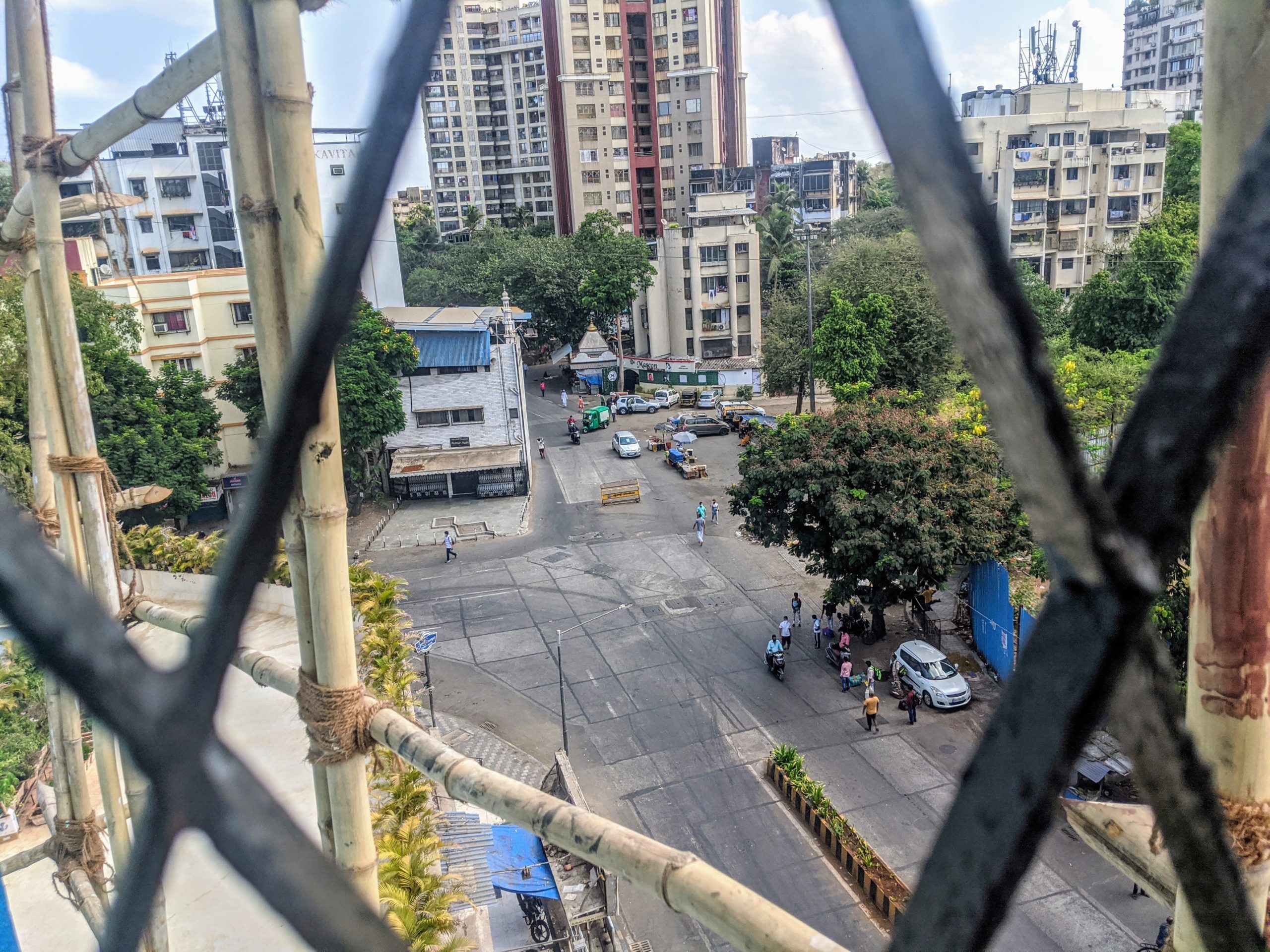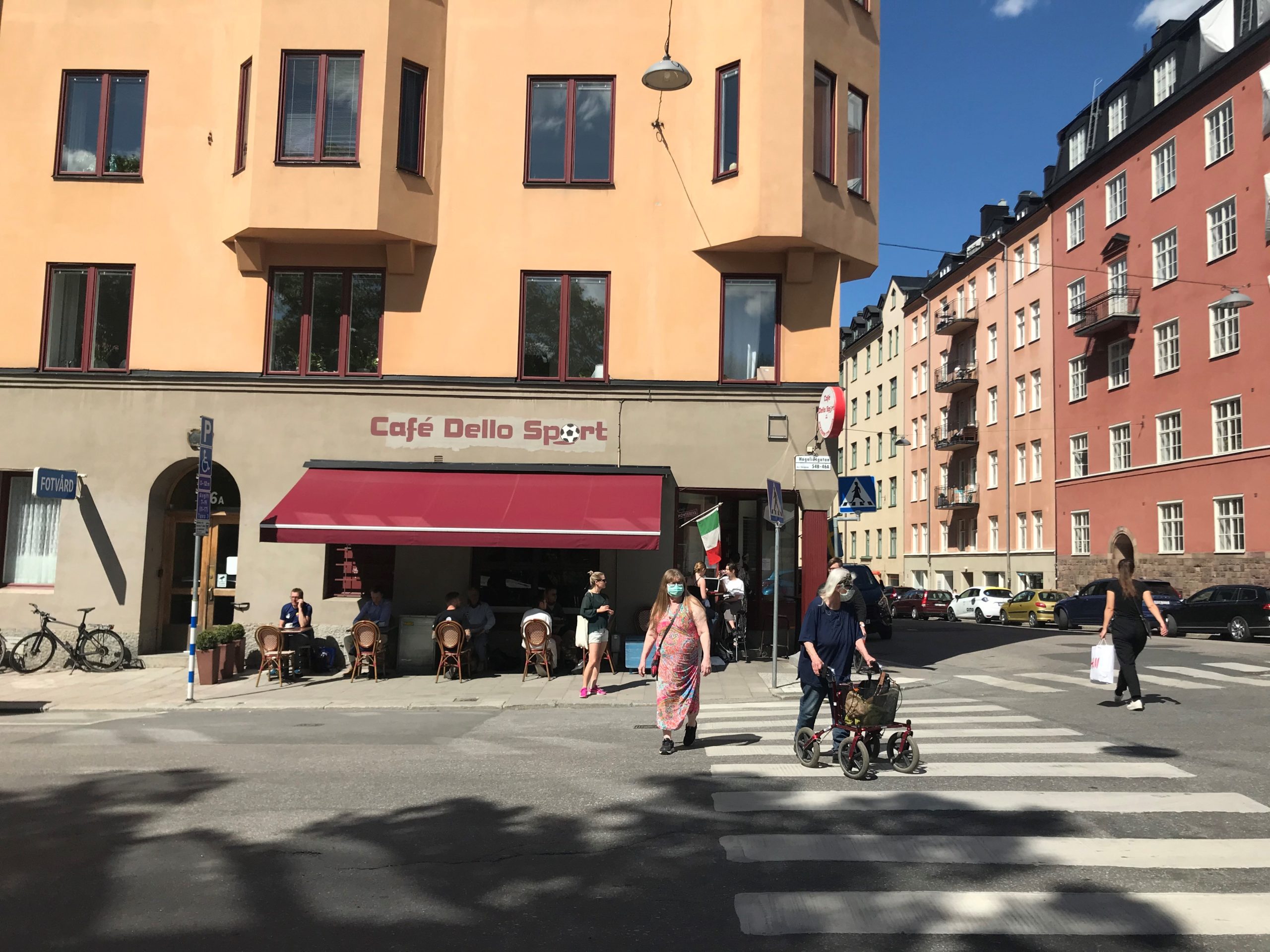Article begins
Around the world we all get the same directives—stay physically distant, wash your hands—but there is privilege behind those directives. The pandemic of 2020 is witness to unfairness, social strata that discriminate in the form of pollution, wasteful consumerism, neglect of the elderly, and exhaustion from our packed schedules and our competitiveness. The authors came together as friends, each from a different continent, now seeing our own homes from a new perspective. As practicing business anthropologists, we asked ourselves if it would be possible to capture the change we’re witnessing at home for use in the future: Taapsi in India, Nimmo in Kenya, Natalia in Colombia, Lotta in Sweden, Christine in Germany, and Inga in the United States.
The future is a foreign land, and right now it’s separated from us by a heavy fog. The only way to break through that fog is to look very closely at what surrounds us before it becomes too familiar, or before it changes again. And to be sure we don’t forget those strange changes, we take pictures, even when there are sometimes risks to that, because of those directives.

Image description: In the foreground, a metal lattice partially obscures the view of a bustling intersection outside. A large crowd of people fills a street, walking in close quarters, and tall buildings line the road. A number of vehicles are interspersed throughout the crowd.
Caption: A busy neighborhood intersection in Mumbai. Taapsi Ramchandani
Breaking through the fog depends on seeing differently things that we had taken for granted. It depends on being absolutely detailed in our observations of the moment-by-moment surprises that keep taking our breath away. Like empty store shelves that are avatars of supply chain breakdowns, or disappearing services that reveal the way societies’ segments are interdependent even when they think of themselves as culturally distinct. For example, when you see your city, normally bustling with men, women, and children, suddenly segregated by gender. When the people you never see because they usually are at work are suddenly strolling down sunlit streets in the middle of the day. Or when the views over the horizon that had been shrouded in dense smog, suddenly clear to reveal a mountain range invisible for over half a century.
We don’t want to forget what it feels like to notice these patterns because of what they reveal about humanity. We want to capture the observations and use them as benchmarks for the future. We know that capturing personal observations in our own backyards is urgently needed for whatever is on the other side of that fog off in the future.

Image description: In the foreground, a metal lattice partially obscures the view of a largely deserted intersection outside. Tall buildings line the road. No more than ten people can be seen in the street, most separated by some distance.
Caption: Very little foot and vehicular traffic in a generally busy neighborhood in Mumbai. Taapsi Ramchandani
Back in April, we joined the many AAA webinars springing up online so we could take our observations and narratives to the public right in the midst of the world’s lockdown. In our webinar entitled “Pandemic Change-Up – Invisible Social Structure Revealed,” we told stories about some of the photos you see in this column. What we can’t know is where we’re headed.
By the time you’re reading these words, you’ll be more than fed up with the repetitiveness of lockdown images. The drumbeat of metaphors, numbers, data, and curves. The dizzying disorientation. People are too busy, too scared, too bored, too hungry, too tired. By now we have all settled into new rhythms of some sort. Taapsi’s household helpers were ordered to stay away by the executive lockdown order issued by India’s Prime Minister Modi. Suddenly time and schedules were the single highest value currency she had for sustaining a healthy family and her Bombay business. Natalia witnessed the power of the Colombian government to redefine sexual identity, when suddenly a gender fluid individual could not safely be in public on either of the alternate days that males and females are allowed to step out. Nimmo saw with new clarity the extreme elitism in Kenya’s new coronavirus directives, excluding as they do 70 percent of the country. People living off informal economic means, with minimal access to clean water and no access to state benefits can neither quarantine nor lockdown. Lotta’s mostly undisrupted routines on Stockholm’s city streets, allowing people to dine in restaurants and students to attend school, belie the urging of most employers to work from home, or to send workers away. Sweden’s trust in science, in governmental measures, and the social safety net reduces the panic in society’s response.

Image description: People are seated at tables outside of a building under an awning with proper social distance between them. Above the awning the words “Cafe Dello Sport” can be seen. Two women in masks cross the street in a crosswalk.
Caption: Life goes on in Stockholm yet keeping social distance. Cafe Dello Sport, Södermalm, Stockholm. Lotta Bjorklund Larsen
Counting the numbers of dead or the categories of risk, or building models of the future is not part of the project we describe in this column. For now, we will just continue our detailed observations. We want to learn about the present moment and make it free to use for the future. We also want to invite and encourage others to do the same and add their voices for future researchers to use. We call it pandemic change up.
Inga Treitler is the director and a researcher at Anthropology Imagination.
Christine Avenarius is a project leader at the Central Agency for Continuing Vocational Education and Training in the Skilled Crafts in Berlin, Germany.
Nimmo Elmi is a PhD candidate at Linköping University, and a former Visiting Scholar at the University of Nairobi School of Law.
Lotta Bjorklund Larsen is a research fellow at the University of Exeter Business School.
Taapsi Ramchandani is the co-founder and CEO of Poocho Research Technologies.
Natalia Usme is the business anthropology manager at Flipa – Antropología de Negocios para las Empresas.
Cite as: Treitler, Inga, Christine Avenarius, Nimmo Elmi, Lotta Bjorklund Larsen, Taapsi Ramchandani, and Natalia Usme. 2020. “Observing the Pandemic Today to Rebuild Tomorrow.” Anthropology News website, August 7, 2020. DOI: 10.14506/AN.1468

